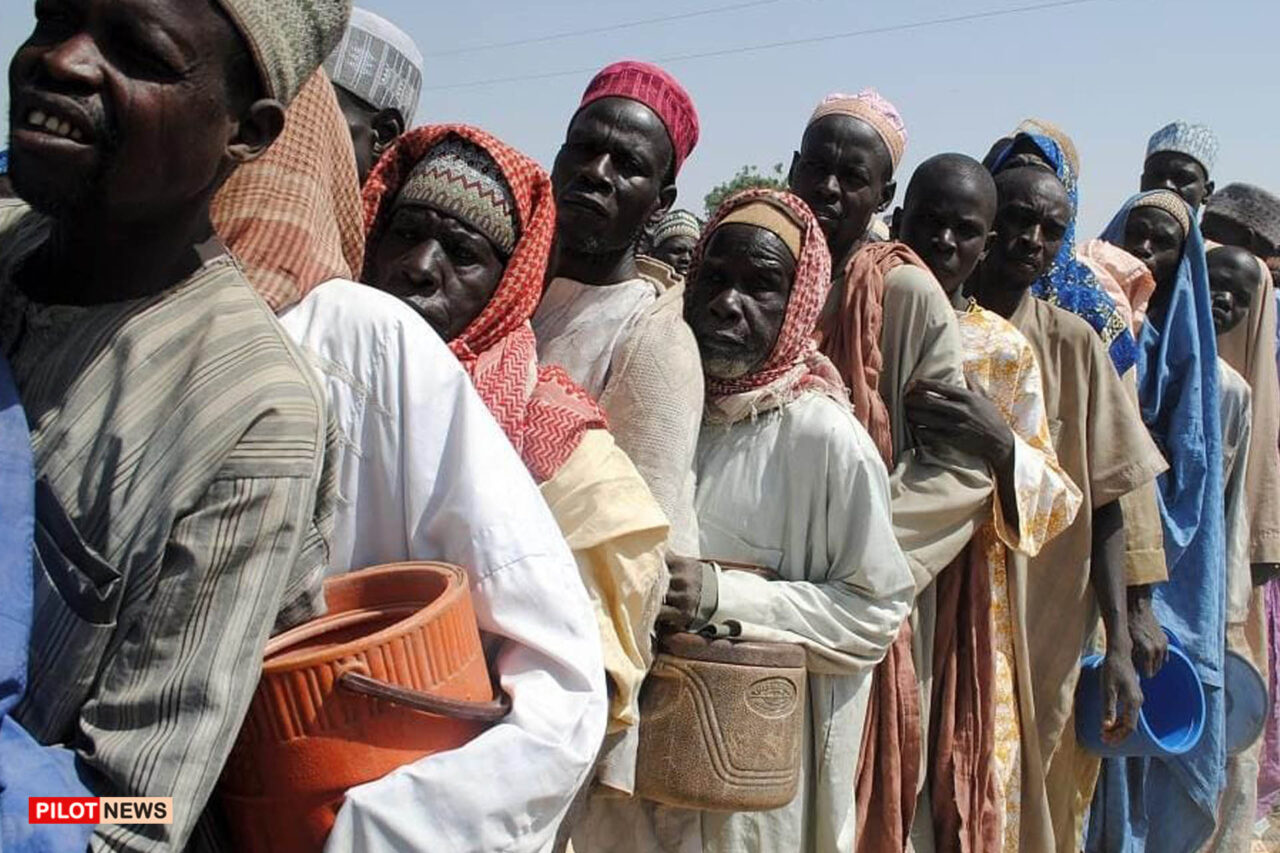The World Bank has disclosed that over 129 million Nigerians, representing 56 per cent of the population, now live below the national poverty line.
This is a sharp rise from 40.1 per cent in 2018, according to its Nigeria Development Update report released on Thursday in Abuja.
The report attributes the worsening poverty to sluggish economic growth, inflation, and several external shocks such as the COVID-19 pandemic and natural disasters.
“With growth proving too slow to outpace inflation, poverty has risen sharply. Since 2018, the share of Nigerians living below the national poverty line is estimated to have risen sharply from 40.1 per cent to 56.0 per cent,” the World Bank stated.
The Bretton Woods institution noted that Nigeria’s economy has struggled since the oil price-induced recession in 2016, with real GDP per capita failing to recover to pre-recession levels.
“The COVID-19 pandemic compounded this drop in economic activity. Moreover, growth is failing to outpace inflation: large increases in prices across almost all goods have diminished purchasing power,” it said.
Although the Nigerian government introduced reforms in May 2023 to avert a fiscal crisis, the World Bank observed that these measures have imposed short-term burdens on households and businesses.
“Multiple shocks in a context of high economic insecurity have deepened and broadened poverty, with over 115 million Nigerians estimated to have been poor in 2023,” the report read.
The international financial institution further highlighted that poverty remains widespread in rural areas, but urban poverty is also on the rise.
“Urban poverty has grown significantly, with 31.3 per cent of urban dwellers now living in poverty, up from 18 per cent in 2018,” the World Bank revealed.
The report noted that 90 per cent of Nigeria’s exports are oil-related, limiting job creation, while economic growth remains focused on low-productivity sectors.
“Foreign direct investment, which can help drive job-creating innovation, remains low relative to the size of Nigeria’s economy,” the report stated.
The report highlights ongoing government efforts, including cash transfer programmes to support vulnerable households, to mitigate the crisis.
- Tinubu Awards GCON to Gilbert Chagoury - January 19, 2026
- Morocco Files Official Complaint Over Senegal Conduct in AFCON Final - January 19, 2026
- Moroccan Hearts Broken as Senegal Wins AFCON Final - January 19, 2026

